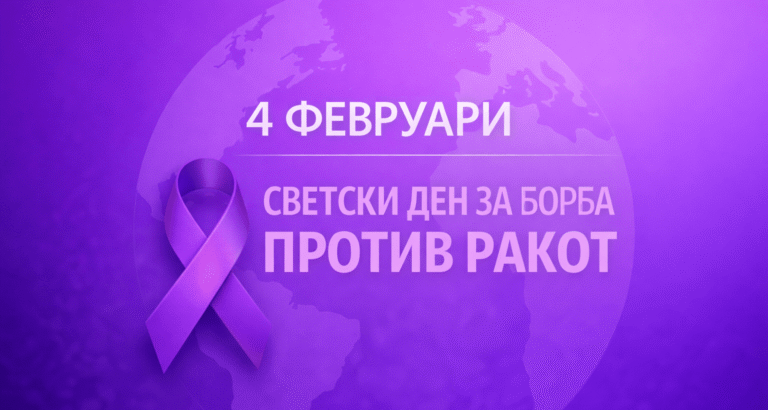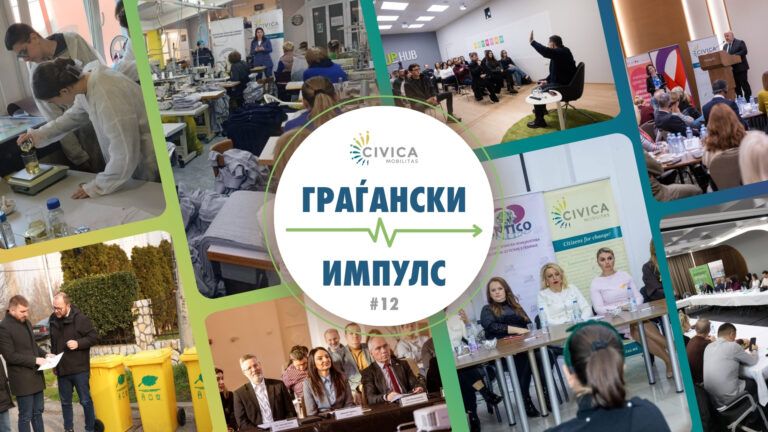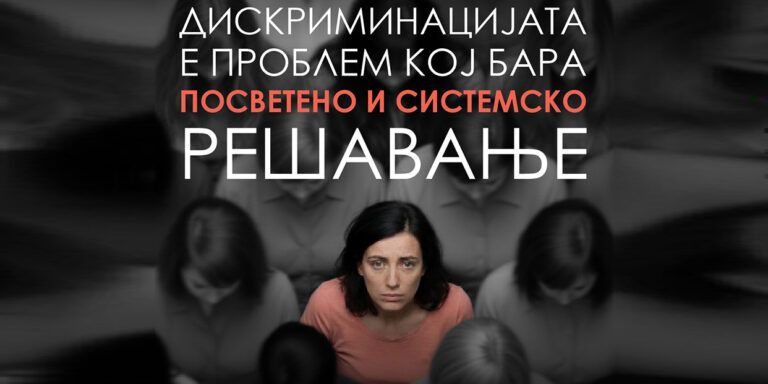Cooperation between the Civil Sector and Municipalities Will Help in Building Transparent Local Government
This year’s Civica Mobilitas Networking Meeting (25th – 27th June 2025) that took place in Gevgelija brought together around 80 CSO representatives from the whole country. The meeting was focused on promoting the cooperation and formulating joint proposals for improving local democracy, especially in view of the forthcoming local elections. The focus was on the possibility for renewing the Civic Platform as a mechanism for uniting the civil sector and strengthening its voice in public policy creation. Apart from meeting the colleagues from the sector, the participants at the meeting also had the possibility to discuss with the Swiss Ambassador, H.E. Véronique Hulmann, the Minister of Local Self-Government Zlatko Perinski and the Deputy Director of the Association of Local Self-Government Units (ZELS) Ardita Dema Mehmeti.
Aleksandar Krzhalovski, the Civica Mobilitas Team Leader stressed the importance of collective engagement and announced the “capitalization” process of the biggest programme for support to the civil society which has been supported by the Swiss Government for almost two decades.



The participants discussed about the Council for Cooperation and Development of Civil Sector as a key mechanism for institutional dialogue. Nikica Kusinikova, the President of the Council and the Executive Director of Konekt said that the Council is important, although often ignored. According to her, it should be used as a constant advocacy tool, and not only in crisis moments. “I do not represent only my organization in the Council, but rather the whole sector. I want the information about the work of the Council to reach as many organizations as possible, and each one of them to have the chance to be involved,” stressed Kusinikova speaking about getting closer to CSOs and increasing transparency. Valentina Velichkovska, a member of the Council from the Civic Resource Center called the Council a “bridge” between the organizations and institutions, stressing that, according to the latest research, 56% of the CSOs recognize it as a relevant body. The participants suggested that the communication can be improved via monthly bulletins and the Council’s accountability should be increased.



At the Networking Meeting, there was a discussion on the possibilities for creating a platform of CSOs. “The more and more frequent appeals for solidarity in the civic sector and the need for mutual support motivated us to open the issue of building a platform in this forum of CSOs”, said Gonce Jakovlevska from Civica Mobilitas. Experience from the Civic Platform of Macedonia (GPM) which was established in 2004, was shared with the participants. Igor Tasevski from the Center for Civic Initiatives (CCI – Prilep) and Lulzim Haziri from the Association for Democratic Initiatives (ADI – Gostivar) as hosts of the GPM Secretariat presented the experience and achievements of the active period of the Platform, stressing its role in the coordination, advocacy and increasing the capacities of the CSOs. “The platform was an important mover of transparency, good governance and democratic dialogue, and many of the achieved results are still an important basis for CSO functioning even nowadays”, said Tasevski. “Despite the existence of numerous thematic networks which work on various issues such as fight against corruption, poverty, rule of law and media freedoms, in Macedonia there is a lack of a unified and clear voice of the complete civil society. This is the crucial challenge that we need to address – to create a platform that will join all of these different voices in one strong and coherent front, in order to have a more efficient advocacy and influence”, said Haziri from ADI. Civic association at regional level, through the functioning of the Balkan Civil Society Development Network (BCSDN) was presented by Anja Bosilkova-Antovska. She also spoke about several active platforms from the region and broader.



With respect to one of the crucial issues of the civil society, trust, the participants had the possibility to hear the results of the research conducted by Civica Mobilitas, presented by Fanija Ivanovska from MCIC. Petrus Theunisz reminded the grantees about PEPA (political-economic power analysis) and what was done at the previous meeting.
The representatives of UNDP, Leila Nebiu and NDI, Blagorodna Shopova spoke about the projects implemented with the municipalities. Nebiu presented the project for strengthening of municipal council, and Shopova spoke about the project “Integrity Led Communities”. The participants stressed that institutionalizing the dialogue, transparent financing and citizen involvement are the basis for efficient local government. Experience with the local government was also shared by grantees: Sabina Fakic from the Center for Civic Communications, Marjan Glavinchevski from scout brigade “Krste Jon Struga”, Marjana Janchevska from Metamorphosis, Ivana C. Stojcheva from humanitarian association “Mother” Kumanovo.



The Minister of Local Self-Government Zlatko Perinski, Ambassador Hulmann and the Deputy Minister of ZELS Dema Mehmeti spoke about the local self-government and civil society. The Minister spoke about the planned changes to the Law on Local Self-Government, digitalization, introduction of unified web platforms for the municipalities and creation of municipal development index. He stressed the involvement of CSOs by submitting initiatives within the municipal councils. “Due to the high threshold of 10%, proposals and initiatives of citizens are very rarely reviewed. Therefore, we decided to lower this threshold to 5%”, said Perinski and added that the proposal that the work of the council is public as an obligation is a response to civic sector initiatives.



Ambassador Hulmann, speaking about the Swiss example, said that decentralization brings democracy and that she believes that the cooperation between CSOs and local authorities is necessary. “We think that it is better for you to organize together to influence and find solution to problems. This dialogue is of crucial importance; democracy does not function without a dialogue. Democracy asks for connecting”, she said. “Fiscal decentralization is our biggest issue”, said Dema-Mehmeti speaking about the municipalities. “I am happy with the fact that the community forums are recognized and that they will be part of the new Law on Local Self-Government. ZELS worked on this institutionalization and we are thankful to Swiss Embassy for providing us with such a tool. I hope that in the future we will be able to help together in the implementation of these forums”, she said and expressed their preparedness for working together on the criteria for financing CSOs at local level.



The participants that were involved in the discussion stressed the unequal distribution of budget finances between sport clubs and CSOs (Roberto Parizov from Eco-Life) and the need for bigger investments in regional development and better living conditions in rural areas (Liljana Jonoski from Rural Coalition). The meeting ended with a message that only by cooperation, open dialogue and coordinated activities one can achieve lasting changes and build a more inclusive and more responsible local democracy.







![Sre]ni praznici(2)](https://civicamobilitas.mk/wp-content/uploads/2025/12/sreni-praznici2-768x432.jpg)
